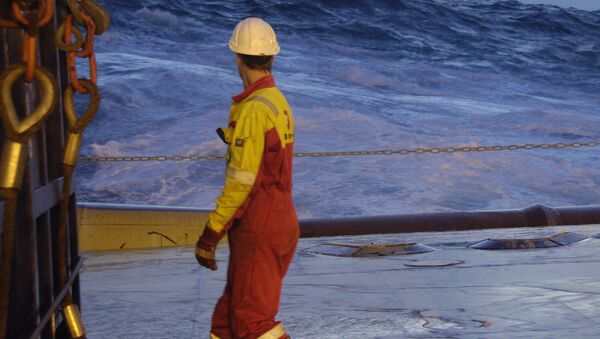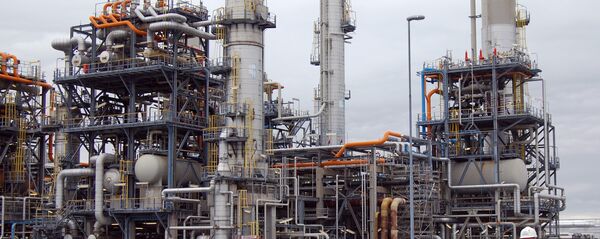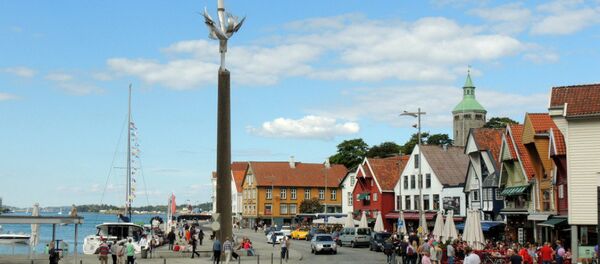"It's a very difficult situation now. Demand from the oil companies has gone down sharply after peaking in 2014," rig analyst Lars Eirik Nicolaisen at the consulting company Rystad Energy, told Swedish Radio, predicting yet a grimmer 2017. According to Nicolaisen, a number of new oil rigs will be launched in the nearest future, tilting the balance further.
Today, the parked rigs imply around 10,000 lost jobs in the Norwegian oil industry. All in all, at least 40,000 jobs are said to have disappeared from the country's oil industry since 2014.
The ongoing oil crisis has pushed the rents for oil rigs to a level almost unimaginable in the boom years. According to Lars Eirik Nicolaisen, rates of around $150,000 per day are not uncommon today. This may sound like a lot, but it is in fact closer to break-even point.
For Norwegian rig owners, it is hardly an option to look for assignments abroad, as the global rig market is in the same boat as Norway, Nicolaisen explained, citing a falling global demand.
"The older rigs can still deliver, and they would — if only they had assignments. So it is clear that rig owners who have the oldest rigs would have to act self-destructively," Nicolaisen ventured.
The oil crisis left a dent in Norway's economy which remains export-reliant. Following 2016 with a comparatively weak growth of 0.7 percent, expectations for the coming year were ratcheted down as well, mainly due to plummeting investments in the oil industry.
In two years, investments plunged from 214 billion NOK ($25bln) to only 150 billion NOK ($17bln) in 2016 and are forecasted to fall further to 130 billion NOK ($15bln) in 2018, according to the Norwegian Oil and Gas Industry Association.
Norway's Central Bank CEO Øystein Olsen admitted that the boom years seem to be over for the country's oil-propelled economy.
"Against the background of the drop in oil activity, we are in a transition phase poised to become more like other countries," Øystein Olsen said, as quoted by Swedish Radio.
Norway's oil prosperity allowed the Nordic country to steer clear of the EU and to maintain the world's largest pension fund, colloquially known as "the oil fund," where the surplus wealth generated by Norwegian petroleum income was deposited.





